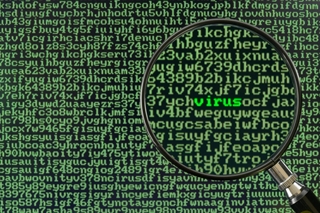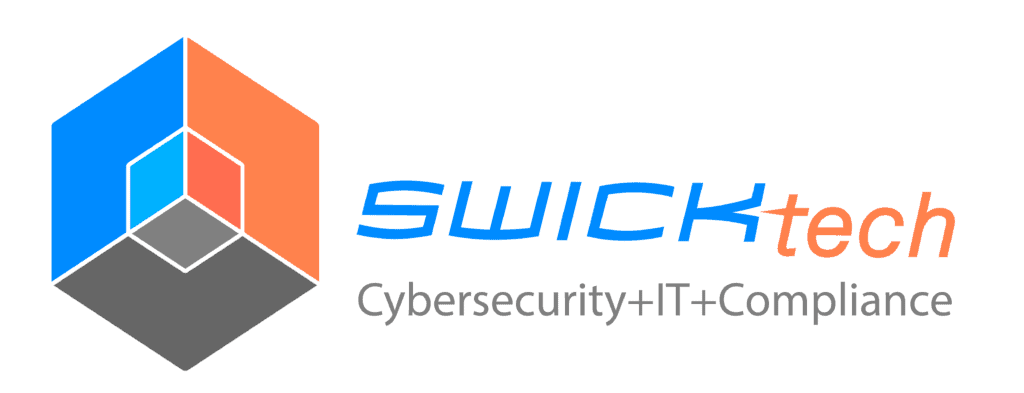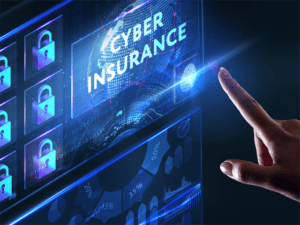
PANDORA’S VIRTUAL BOX
Seems like every week there’s a big news story about a new security threat from hackers. It plays out as if it were a TV crime drama, in which some company is the target of a digital attack, usually resulting in the revelation that the company wasn’t doing its job to protect sensitive customer data.
It’s kind of scary how frequently this happens, but many business owners still don’t see the danger right in their backyard. “I have antivirus software. I’m safe.” Or maybe you think, “Our company is too small. Digital criminals won’t even notice us.” Certainly small- and medium-sized businesses are less of a target because the big guys have so much more data to steal… right?
The reality here is exactly the opposite: every single computer connected tothe internet is a target.
Perhaps you’re fine. Maybe you’ve even been fine for years now…until one day you and your organization are suddenly thrust headfirst into never-ending drama—you’re attacked!—and the digital edition of Pandora’s Box has opened!
With digital attacks looming all over the internet, how exactly can you be certain your antivirus protection is enough? Whether you have an internal IT department, an outsourced managed IT services provider, or you’re operating with only a paid (or even free) antivirus security suite, you must be certain your company’s data is protected.
Here are the keys to keeping Pandora’s virtual box locked:
Fire Up Your Firewall
Your firewall acts like a gatekeeper. It’s a barrier between your company’s internal computer network and the rest of the internet. Setting up your network’s firewall access permissions will filter out (or allow in) a lot of the malicious programs lurking out there. You can also allow varying levels of access to limit user permissions based on their role in your organization. Your engineers, your programmers and your marketing team do not all require the exact same level of internet access; clearly, well-managed firewall permissions can keep your business running smoothly, while limiting risky interactions online.
User Error: The Unwitting Accomplice
No one intentionally allows malicious software to infect their company’s computer system. The issue is that your company is made up of individuals, and if even one makes the mistake of clicking a harmful link or downloading an infected data file, it doesn’t matter—the damage is done. No matter how good your firewall and antivirus software may be, if an individual gives a program permission to install itself, your network security is now compromised.
Antivirus Software: It’s Really Not Enough
Antivirus software is a great failsafe and it works hard to keep all known viruses and malware out of your hair, but keeping viruses out of your system is an ongoing battle. The reason is this: digital criminals are constantly developing new ways to get past your defenses. An antivirus software suite is a great line of defense, but you need proactive monitoring to keep your system super-secure.
Keep Your Systems Up-To-Date
Your software, your operating system and even your technology’s hardware are just as important to network security as anything. Hackers and other digital criminals are always looking for ways to exploit chinks in any system’s armor—if your technology is out of date, then your weaknesses are already known and your system is vulnerable. Your software, hardware and OS should always be updated to current versions to ensure you stay ahead of the curve!
Additional Security Measures
Here are some additional security measures you can implement to ensure your company’s safety:
Regular Scans
Schedule scans when computers are typically not in use. (These can take a lot of time and use most of your systems resources while scanning—the more complex the software, the more time and resources it will use.)
Install specific programs for: anti-malware, anti-spyware, and antivirus—don’t put all of your eggs in one basket! (Additionally, these smaller programs take up less time and CPU resources.)
Encryption
Data encryption protects passwords and data files by hiding your data behind a secret code.
Cleaning Up
Regular maintenance cleanups include defragmenting and uninstalling old programs. This ensures your system runs smoothly and ensures there’s no leftover junk getting in the way and slowing things down.
Shut Down
Don’t leave those computers running in sleep mode when not in use. Shut everything down when everyone leaves for the night or weekend—if the network isn’t running, nothing can sneak in and start causing harm. It also saves energy.
Multi-Layered Defense
Let’s face it: the best defense has multiple layers and degrees of protection. Plain ol’ antivirus software just isn’t enough to protect your organization from a digital attack. Protecting your network from takeover, keeping your sensitive and private data secure from theft, and proactive monitoring of your systems is all part of the bigger data/network protection picture.
If you’re not confident in your system’s security, contact a team of experienced IT professionals with a knack for comprehensive stability and protection.



